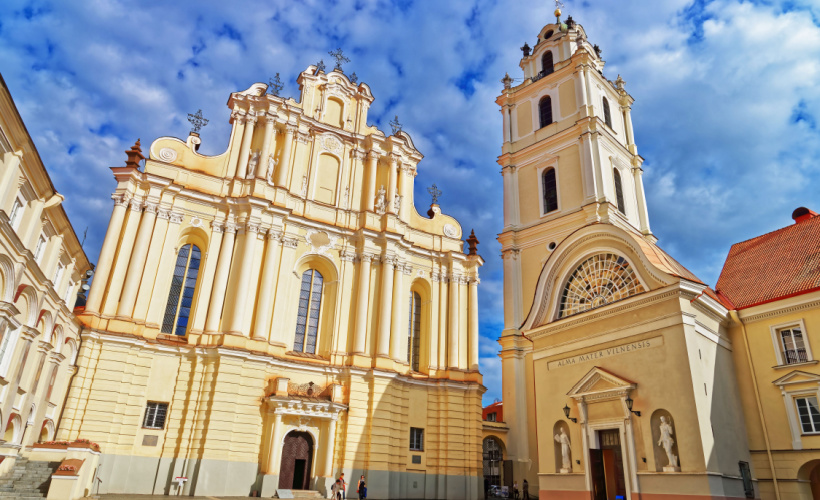Dr Maeve O’Rourke, barrister and lecturer, joins the series to discuss Ireland’s all-island 20th-century history of institutional and family separation abuses and their continuing effects. She will address the survivor-led efforts for justice, recent state responses North and South, and the question of what human rights-based ‘transitional justice’ might mean.
Dr Maeve O’Rourke is a Lecturer at the Irish Centre for Human Rights, University of Galway. She founded and directs the ICHR’s Human Rights Law Clinic which supports students to engage in ‘movement lawyering’ alongside community-based social justice activists. Maeve is also a barrister at 33 Bedford Row, named UK Family Law Pro Bono Lawyer of the Year, 2013. She is a member of the Justice for Magdalenes Research group and co-director of the Clann Project. She has long advocated on behalf of survivors of Ireland’s historical institutional and forced family separation system, and with other members of the Open Heart City Collective she recently succeeded in persuading the Irish Government to establish a national site of conscience on Sean McDermott Street in Dublin 1. She was appointed by the Northern Ireland Executive in 2021 to design in consultation with survivors the framework for a state investigation (now underway) into Northern Ireland’s Magdalene, Mother and Baby, and Workhouse Institutions. She has co-authored and co-edited several books on transitional justice in Ireland. Her monograph Human Rights and the Care of Older People is forthcoming with Oxford University Press. She is former Senior Research and Policy Officer for the Irish Council for Civil Liberties.
Maeve will be in discussion with Eugenio Biagini, Professor of Modern and Contemporary History at the University of Cambridge and Fellow at Sidney Sussex College. His research focuses on the social, economic and political history of democracy. He has written on Gladstonian liberalism and the Italian Risorgimento, but Ireland is his main area of research. His British Democracy and Irish Nationalism, 1876-1906 (Cambridge, Cambridge University Press, 2007) examined the way the Irish Home Rule campaigns affected the making of democracy in the two islands. He has recently published (with Daniel Mulhall),The Shaping of Modern Ireland (Dublin, Irish Academic Press, 2016) and edited (with Mary Daly) The Cambridge Social History of Ireland since 1740 (Cambridge, Cambridge University Press, 2017). His current research focuses on the history of religious and ethnic minorities in twentieth-century Ireland, in a comparative perspective. He focuses on the challenge of nation-building, the redefinition of ‘public interest’, civil liberties and ‘the constitution’ in deeply divided societies.







